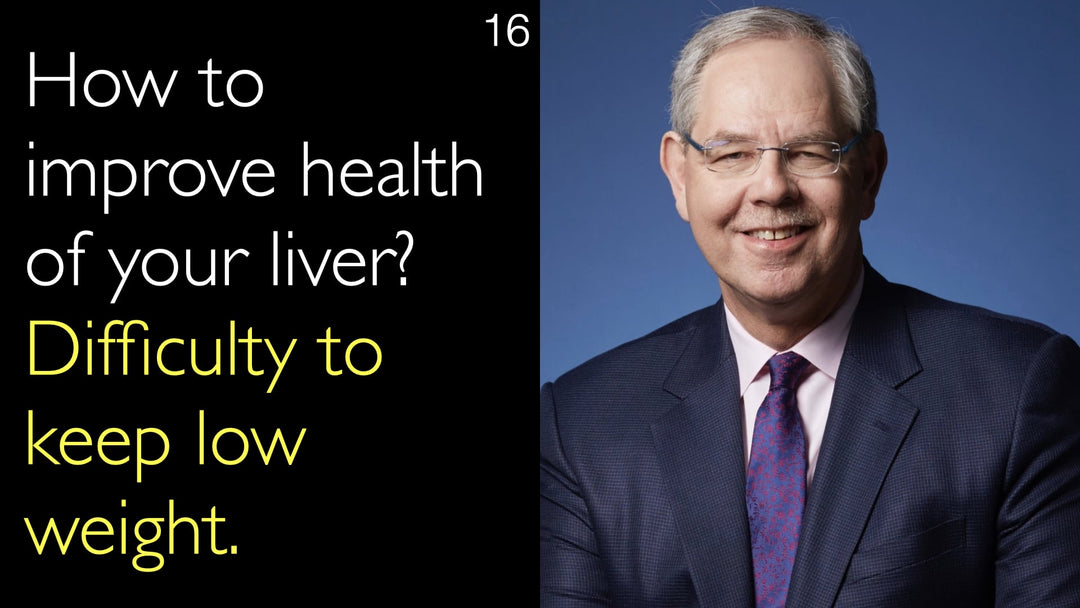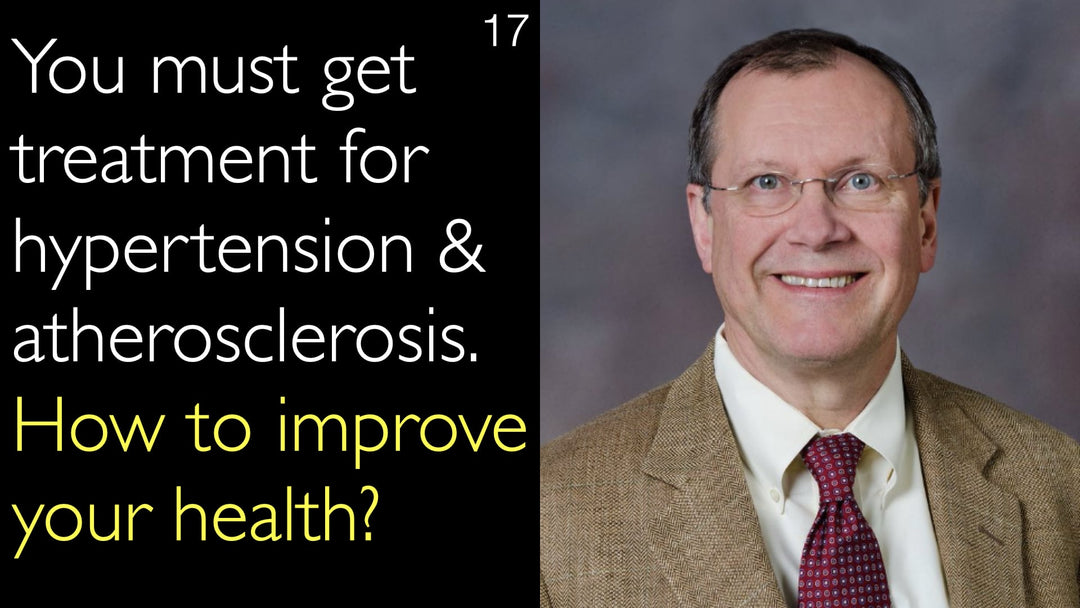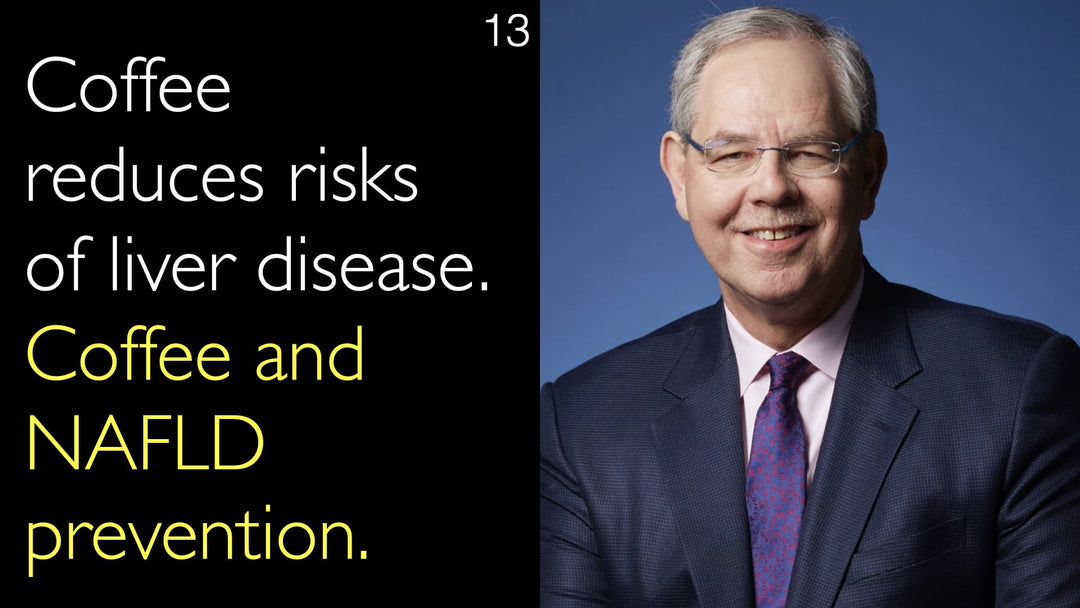O renomado especialista em doenças hepáticas, Dr. Scott Friedman, explica como melhorar a saúde do fígado. Ele detalha o papel fundamental da perda de peso e da prática de exercícios para pacientes com esteato-hepatite não alcoólica (EHNA). Dr. Friedman ressalta que uma redução significativa de peso é a terapia mais eficaz. Ele observa que, embora manter a perda de peso seja desafiador, os benefícios para o fígado são profundos.
Estratégias para Melhoria da Saúde Hepática na EHNA e Esteatose Hepática
Ir para a Seção
- Fundamentos do Tratamento da EHNA
- Papel da Perda de Peso
- Desafios da Manutenção do Peso
- Impacto da Redução Ponderal Significativa
- Considerações sobre Consumo de Álcool
- Expertise Nutricional no Tratamento
- Transcrição Completa
Fundamentos do Tratamento da EHNA
O Dr. Scott Friedman, MD, aponta a perda de peso e a prática de exercícios como a base do tratamento para a esteato-hepatite não alcoólica (EHNA). Essa abordagem atua diretamente na causa da doença. O Dr. Friedman ressalta que esse é o primeiro pilar para melhorar a saúde do fígado.
Papel Crítico da Perda de Peso
O Dr. Scott Friedman, MD, explica que a redução de peso traz benefícios mais amplos para a EHNA do que qualquer medicamento isolado, o que a torna um foco central durante as consultas. Ele enfatiza a importância de transmitir de forma consistente sua relevância para a melhoria da saúde hepática.
Desafios da Manutenção do Peso
O Dr. Friedman reconhece a dificuldade que os pacientes enfrentam para manter a perda de peso a longo prazo. Ele menciona que apenas 5% conseguem sustentar uma perda suficiente para beneficiar a EHNA. Esse desafio motiva o desenvolvimento contínuo de novos tratamentos medicamentosos.
Impacto da Redução Ponderal Significativa
De acordo com o Dr. Scott Friedman, MD, uma perda de peso substancial—de 10 kg ou mais—promove melhorias profundas na saúde hepática. Esse nível de redução pode impactar significativamente a progressão da EHNA. O hepatologista confirma que não há dúvidas sobre esses benefícios mensuráveis.
Considerações sobre Consumo de Álcool
O Dr. Friedman aborda dúvidas comuns dos pacientes sobre o consumo de álcool e a saúde do fígado. Ele ressalta que as recomendações sobre ingestão alcoólica devem ser avaliadas com cuidado, especialmente para quem tem esteatose hepática. Essa orientação integra estratégias abrangentes para melhorar a saúde hepática.
Expertise Nutricional no Tratamento
O Dr. Scott Friedman, MD, destaca a importância de contar com especialistas em nutrição para pacientes com obesidade ou sobrepeso. Essa colaboração ajuda na implementação de estratégias eficazes de perda de peso. O acompanhamento nutricional é essencial para o manejo bem-sucedido da EHNA a longo prazo e para a melhoria da saúde hepática.
Transcrição Completa
Dr. Scott Friedman, MD: Os pacientes fazem perguntas importantes. Certamente, devem questionar como melhorar a saúde do fígado, o que inclui saber se podem ou devem consumir qualquer quantidade de álcool.
Se forem obesos ou estiverem com sobrepeso e tiverem gordura no fígado, precisamos trabalhar com eles e com expertise nutricional, porque o primeiro pilar do tratamento da EHNA—que eu não cheguei a mencionar, mas deveria—é a perda de peso e os exercícios.
Na verdade, se observarmos todos os benefícios da perda de peso, ela provavelmente tem efeitos mais amplos na EHNA do que qualquer medicamento isolado que identificamos até agora. Por isso, devemos ser muito diligentes e consistentes ao transmitir que, para pacientes com EHNA e excesso de peso, é crucial trabalhar intensamente a longo prazo para reduzir o peso.
É muito difícil. É por isso que todos esses medicamentos para EHNA estão sendo desenvolvidos.
Mas apenas 5% dos pacientes que emagrecem conseguem manter a perda no nível necessário para beneficiar a EHNA.
Não há dúvidas de que, para pacientes com EHNA, uma perda de peso significativa—ou seja, 10 kg ou mais—pode ter um impacto profundo na melhoria da saúde hepática.






